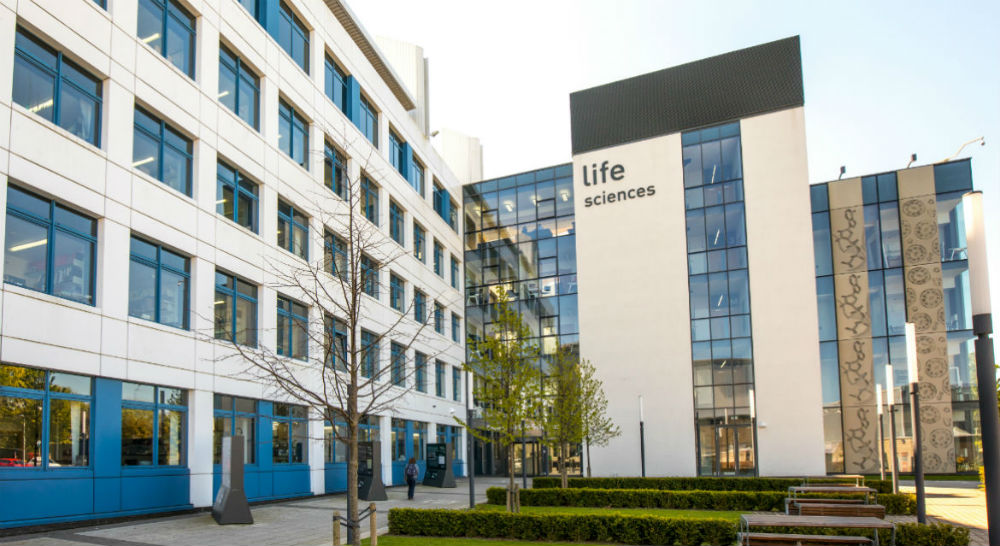Researches have been studying protein enzymes in a bid to defeat Coronavirus.
University of Dundee researchers are studying a protein that aids the spread of COVID-19 in the hope of finding ways of blocking its function.
The team, from the University’s Medical Research Council Protein Phosphorylation and Ubiquitylation Unit (MRC-PPU) are working in partnership with the Drug Discovery Unit (DDU) to study an enzyme found within the SARS-CoV-2 virus that causes COVID-19 infection.
Enzymes are responsible for increasing the speed of reactions and have the ability to build up or break down other molecules. The protease enzyme found in SARS-CoV-2 is responsible for breaking down proteins by disrupting their chemical bonds.

When the protease breaks down the viral proteins it changes their size and shape which starts a chain of reactions that allows the virus to replicate. This protease also interferes with the immune responses that cells mount against the virus to block viral replication and spread. For COVID-19, this protease is potentially a highly promising drug target.
COVID-19 shows similarities to other coronavirus infections that have been faced over the years, however, there is currently a lack of understanding of SARS-CoV-2 structure and function.
Dr Yogesh Kulathu is the programme lead for the University of Dundee lab that is working out how to block the enzyme responsible for the coronavirus’ ability to replicate so effectively.
He said, “Studies with the related SARS-CoV virus that emerged in 2002, suggest that vaccines targeting the spike protein may not be an effective approach to provide protection. Hence novel targets are required to tackle this virus.
“Our approach is to target an enzyme that the virus makes and relies on for its assembly and capacity to infect cells. Blocking its function could lead to an efficacious drug to treat COVID-19 and related diseases that may arise in the future.
“Our work provides a complementary approach to antibody and vaccine strategies conventionally developed to combat viral infections.”

